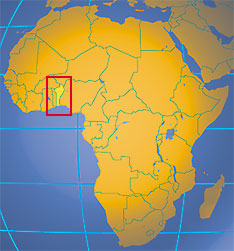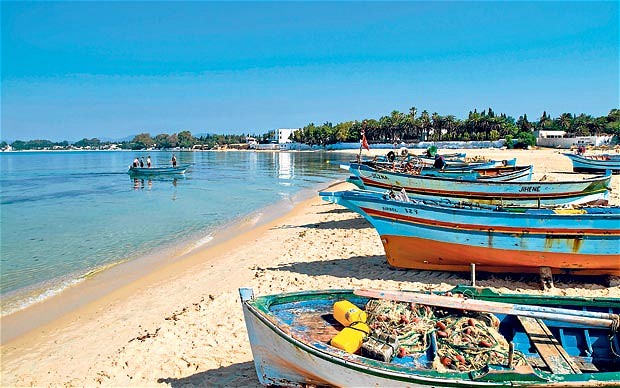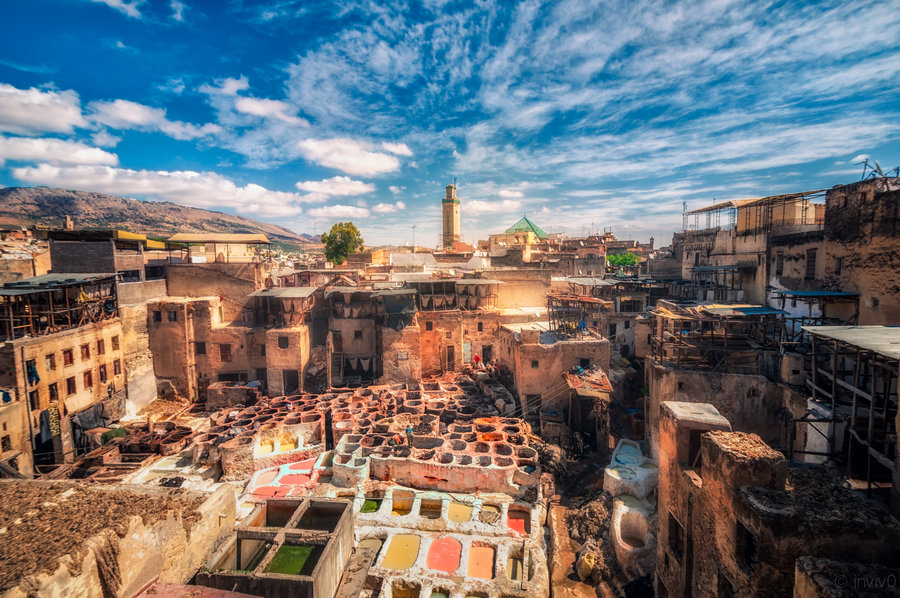ข่าวสารประเทศตลาดใหม่และอื่นๆ

Benin Gardeners Tap Land and Water to Create a Small Business
28 มกราคม พ.ศ. 2558When YALI Network member Gabin Covo moved from the village of Samionta to the city of Bohicon in Benin in 2012, “it was not possible to farm due to the lack of water resources,” he says. Then “one day, a friend informed me about a fountain flowing freely in another village about 24 kilometers from Bohicon. Excited, we rushed there to see whether it were possible to install a garden nearby. To our great surprise, we were granted a plot” by local officials.
The 33-year-old and two older friends started to turn the 1,200-square-meter plot into a thriving garden. They formed seedbeds, then bought two water pipes. They connected one end of a narrow pipe to the fountain faucet and joined the other end to a wider pipe. The combination reached their plot, and they installed taps to which they connected garden hoses to carry water directly to the plants. Finally, they buried the pipes in shallow soil to protect them from rust and breakage.
Once they could bring water to the seedbeds, they planted eggplant, known locally as gboma, cucumbers, pawpaw and peppers. “Our choice of products went to local vegetables [that are] easy to cultivate and easy to sell,” he says.
Overall, the garden materials and piping cost $150, which they borrowed from friends. “A one-time investment,” Covo says. The new gardeners have been able to pay back half of the loan and expect to pay off the rest after their second harvest.
The pipes also have benefited plants outside the garden. “Within some weeks, the big bush near the fountain became green and flourishing, to the great surprise of the villagers,” he says.
About three months after starting the garden, Covo and his friends were selling their crops in Bohicon and making money. Villagers also come directly to the garden to buy their food. “That is how we are enjoying a good experience, by raising a small business in a region where water resources are limited,” he says.
The friends also learned that gardening for profit has its challenges. “The distance between the village and the city, for instance,” Govo notes, is an obstacle to transporting their product to market. But they knew that was a circumstance they needed to accept.
The success of the first garden plot provided a springboard to expansion. Town officials granted the friends a second plot, doubling the size of the land they could cultivate. To diversify their product line, they are digging ponds so they can raise fish. They want to grow moringa oleifera, “a vegetable well-known for its virtues as food complement,” Covo notes.
“I don’t own land, but I know how to create riches with it,” Covo says. “For fellows that are considering agriculture as a career, to succeed you need to make sure you have water steadily. This is the most important resource.”
”You also need to study your environment to prevent any attack that will affect your production,” he says. He recommends studying the soil’s health to determine the best crops to plant and knowing which insects and diseases may be present in the soil or in the area to know how to protect crops from them.
Covo’s experience of starting small, reinvesting and understanding supply needs follows the advice of a business expansion expert who held a recent Facebook chat with the YALI Network. Madison Ayer of Honey Care Africa offers a step-by-step plan on how small growers can transform a subsistence farm into a commercial business.
CR:https://youngafricanleaders.state.gov/benin-gardeners-tap-land-and-water-to-create-a-small-business/
CR:http://www.nationsonline.org/map_small/benin_small_map.jpg
-

Nestle plans to invest $138 million in Egypt in next few years
29 มกราคม พ.ศ. 2558 -

Morocco: ‘Saudis form best investment partners’
30 มกราคม พ.ศ. 2558 -

Tunisia seen as strong prospect if foreign investment can be unlocked
2 กุมภาพันธ์ พ.ศ. 2558 -

Morocco Improves Its Ranking in the Index of Economic Freedom 2015
3 กุมภาพันธ์ พ.ศ. 2558

